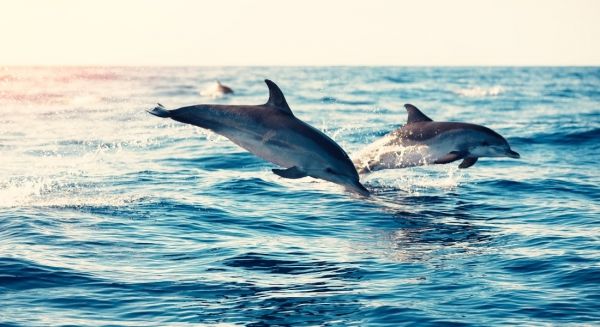In fact, the explosion caused the development of new animal species to stagnate for a period of time. Instead, the answer as to why marine biodiversity increased suddenly is due to a change in the Earth's climate cycle, according to a new study by researchers at the University of Copenhagen and Museum Mors.
In a geological period 469 million years ago known as the Ordovicium Period, Earth's seas were inhabited by animals like trilobites (reminiscent of pillbugs), conodonts (eel-like vertebrates) and brachiopods (animals with two-part shells reminiscent of seashells).
But suddenly, something happened that became crucial for life to develop towards the life we know from today’s oceans. Marine biodiversity quadrupled in a few million years. In fact, it was the largest increase in biodiversity in the history of our planet.
Continue reading at University of Copenhagen
Image via University of Copenhagen


